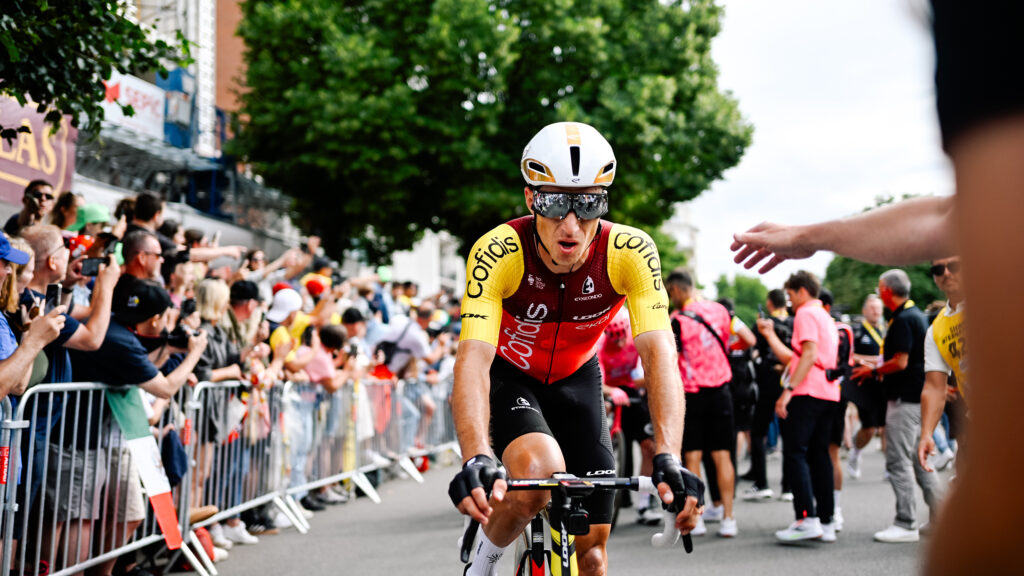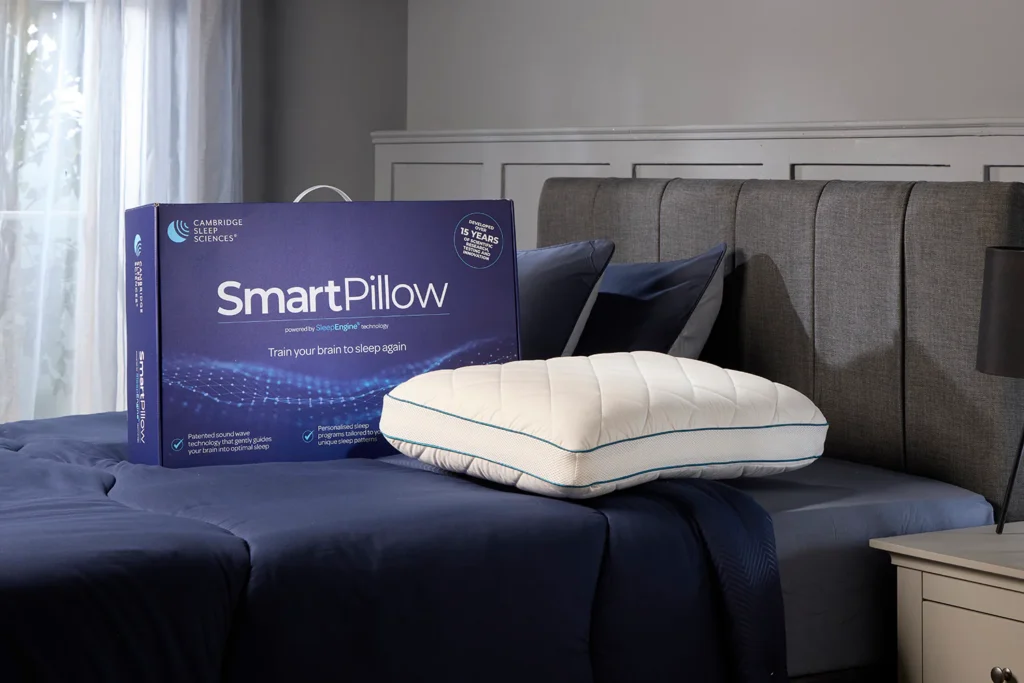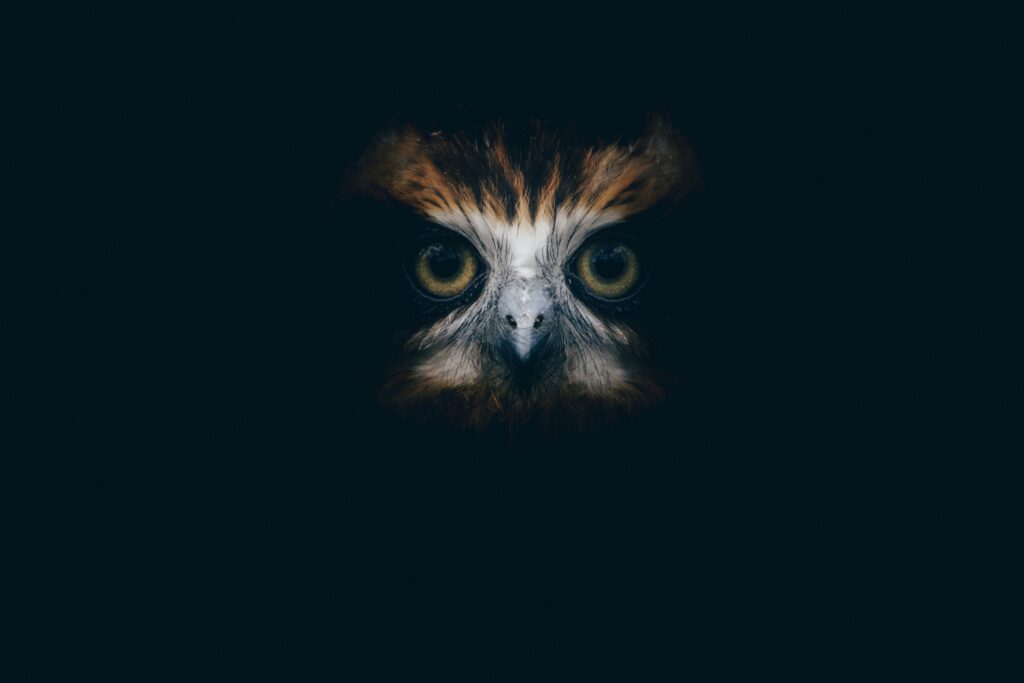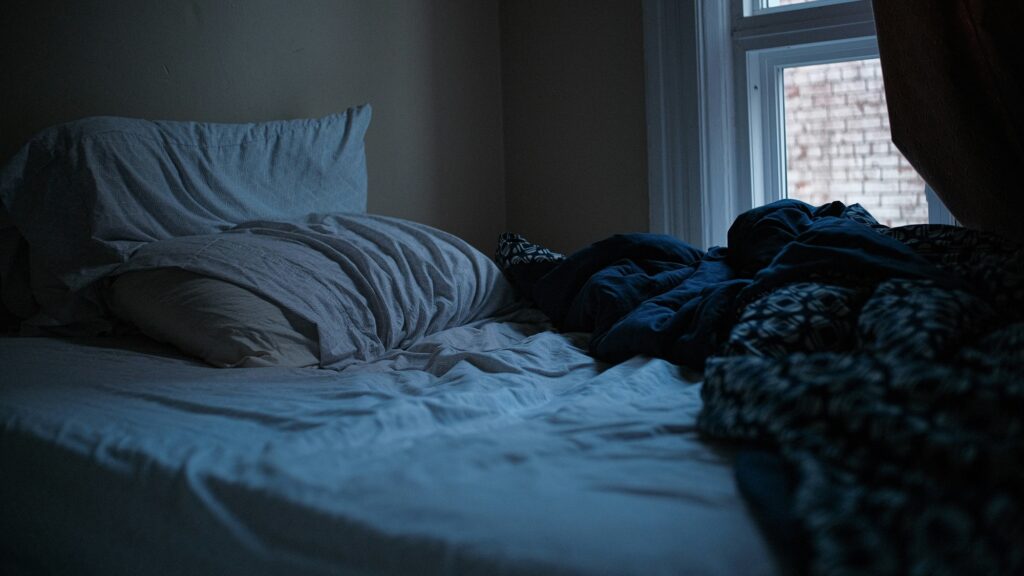As the 2025 Tour de France kicks off in Lille, the mountain stages and breakaway sprints will grab headlines – but the hours between the finish line and the start line are where the real recovery happens.
Former elite rider Rigoberto Urán lives by the motto, “Bike races are won in bed.” That rings true because sleep isn’t a luxury during the Tour de France – it’s a performance tool.
Over 21 stages and more than 3,000 km, the world’s best cyclists face cumulative fatigue, disrupted circadian rhythms, and ever-changing sleep environments. Managing this is critical. Poor sleep affects muscle repair, decision-making, reaction time, and mood. In a race often won by seconds, compromised sleep can cost stages.
Team Cofidis is tackling the problem head-on, using the Ultrahuman Ring AIR to track and optimize sleep in real-time across the Tour – and to supercharge recovery.
Sleep and the world’s toughest race
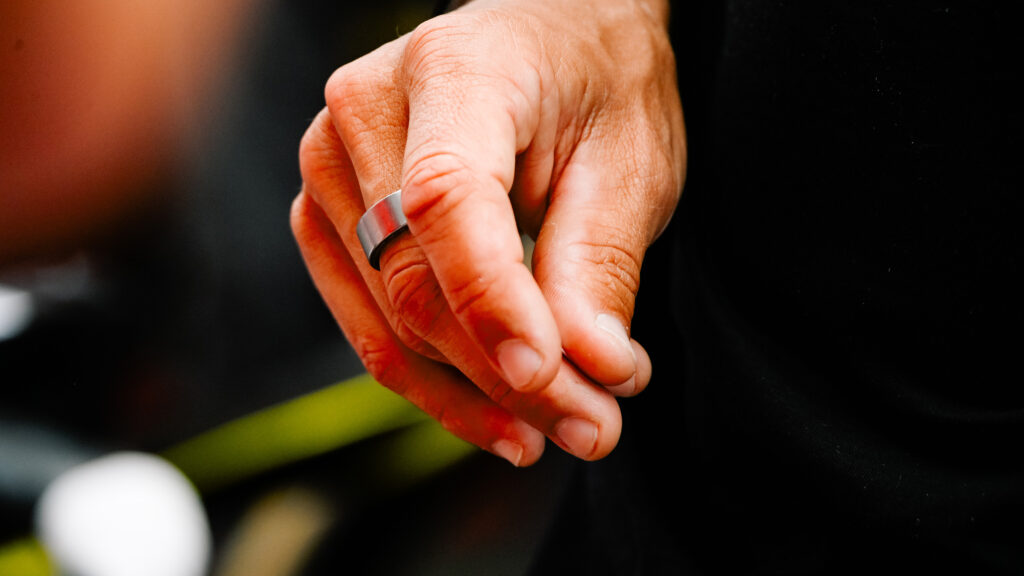
The Tour de France is a logistical beast. Riders change hotels almost every night, with sleeping conditions varying enormously depending on the location of the next stage. From highway motels to luxurious alpine resorts, keeping a controlled environment for riders is a massive challenge.
Recent research backs this up:
- A 2025 study tracking elite riders during the Tour found that while average sleep duration held steady (~8h 11m), sleep quality declined significantly, driven by physical strain, cumulative stress, and inconsistent environments.
- Fatigue, muscle soreness, and mental stress all increased as the race progressed, closely tracking dips in sleep quality.
- Paradoxically, higher performance days were associated with shorter, lower-quality sleep, challenging the “recover harder” mantra.
Pro teams have long known that managing sleep is as strategic as planning nutrition or pacing. Team Cofidis and other top squads now operate like mobile sleep labs. Typical interventions include:
- Bringing mattresses, pillows, and bedding to hotels for comfort and consistency
- Portable blackout blinds and dehumidifiers to regulate unfamiliar rooms
- AC units and noise machines to maintain controlled sleep environments
- Assigning single rooms to key riders to avoid disruptions from snoring or movement (lower-ranked riders typically share rooms)
How riders’ sleep and recovery change
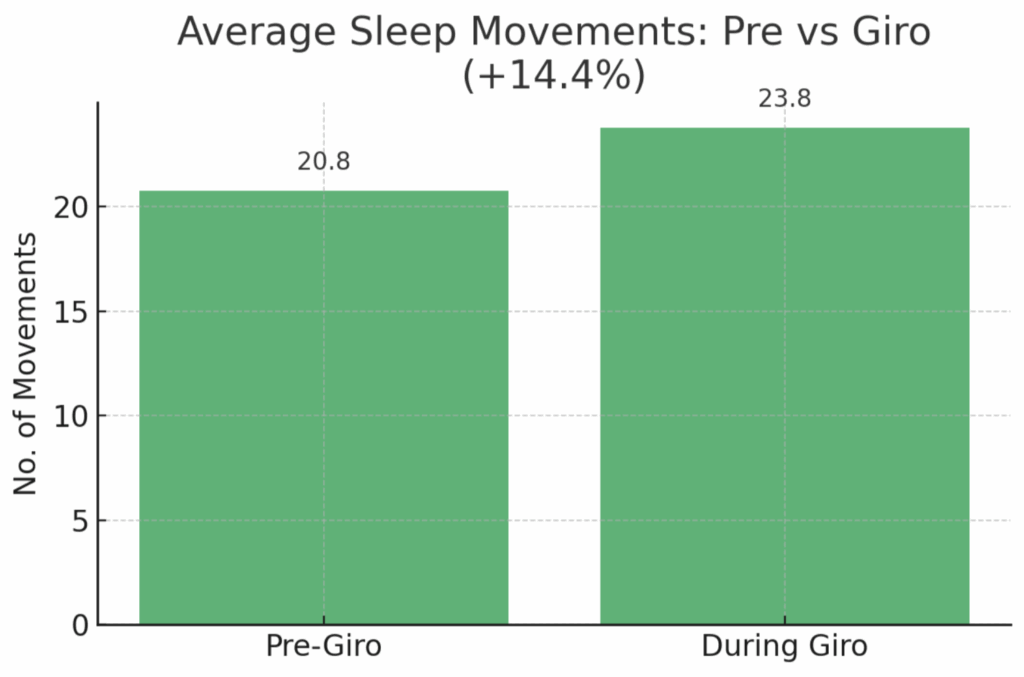
The Giro d’Italia isn’t just a major race – it’s a proving ground ahead of the Tour de France.
Data captured from riders wearing the Ultrahuman Ring AIR during June’s Giro revealed striking patterns in how elite athletes sleep and recover under Grand Tour pressure.
Sleep disturbances increased significantly compared to the prior month, with sleep movements rising by 14% – a clear marker of more restless, fragmented nights.
Constant travel, mounting fatigue, and unpredictable hotel conditions all show up in the data.
But despite this, riders’ average sleep HRV improved by 8% over the three-week race.
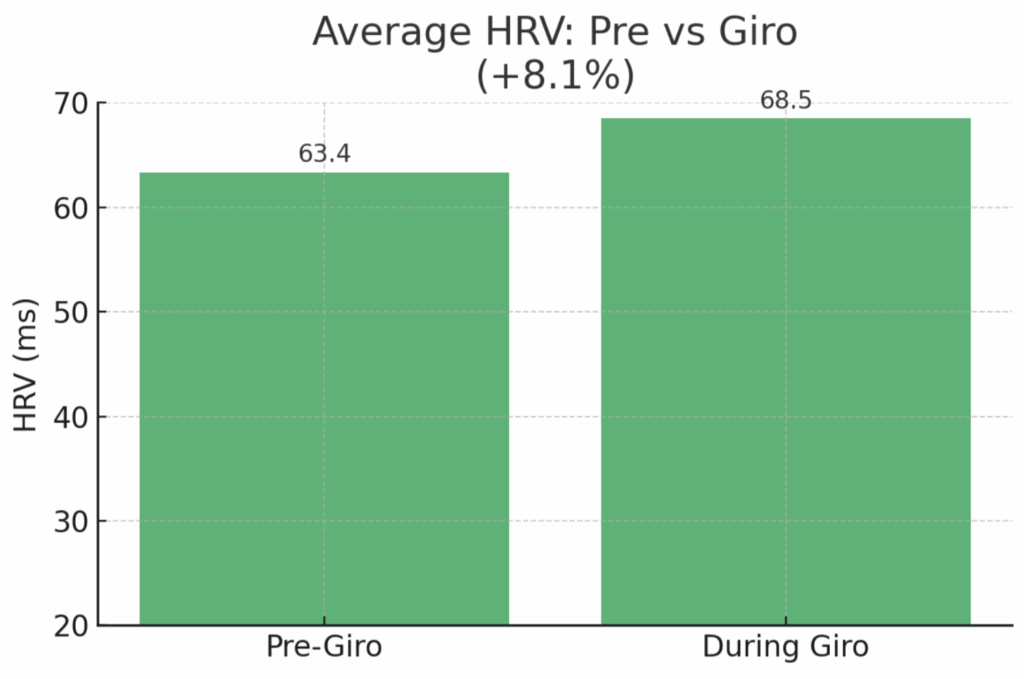
HRV is a core signal monitored by the Cofidis team, and this upward trend suggests strong autonomic nervous system adaptation. Even with disrupted sleep and the massive physiological demands of a three-week race, riders were still recovering well at the cardiovascular level.
This resilience shows just how well-adapted elite athletes are, but it also highlights the power of smart intervention. Tools like the Ultrahuman Ring AIR, blue light–blocking glasses (BLBG), sleep masks and targeted sleep strategies help mitigate the impact of poor environments and optimize recovery, even when perfect sleep isn’t on offer.
Summary
Sleep quality suffers during Grand Tours, but Ultrahuman data from Team Cofidis shows that elite riders can maintain strong recovery through physiological adaptation and targeted tools. With real-time tracking via the Ultrahuman Ring AIR, sleep becomes a strategic asset, not a casualty of the race.
“Tour de France is a registered trademark of Amaury Sport Organisation. Ultrahuman is not affiliated with or endorsed by the Tour de France.”




